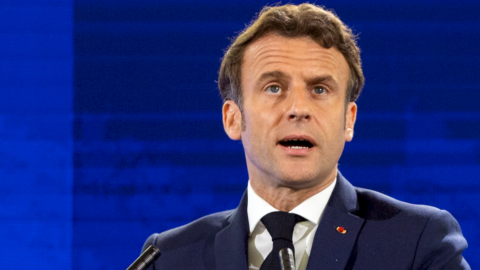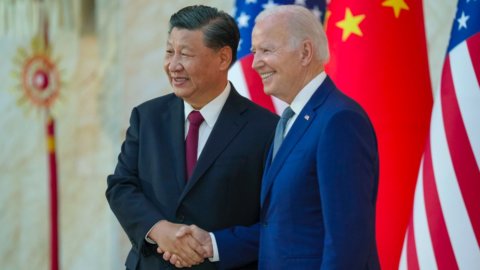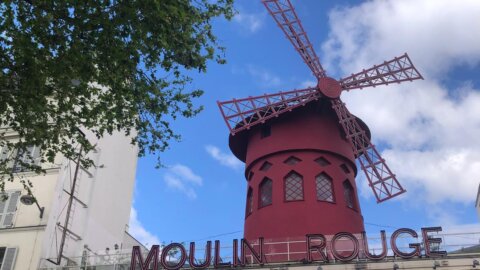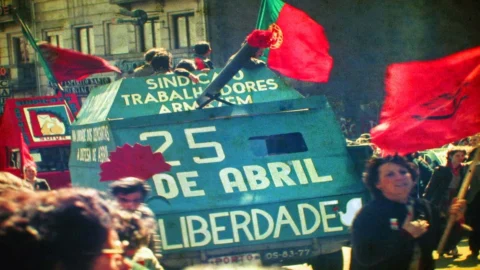The scandal, for now almost completely absent from the Italian media, is actually involving half of Europe. Horsegate, or the case of Findus's frozen lasagna made with minced horse meat (and not beef as indicated), looks more and more like a "mad cow" style psychosis (or it would be better to say "mad horse"): starting from Great Britain, where it was made public, it is spreading like wildfire in a business tour involving also France, where the manufacturing company (Spanghero) and Comigel, which handles frozen foods on behalf of Findus, are based, Romania (where the disputed meat comes from), and finally Holland and even Cyprus, where the two suppliers who have treated the raw material at ultra-competitive prices, probably lying about its quality.
But most of all the case is spreading to many other products, throwing large-scale agri-food retailers into panic (in France, Great Britain and Sweden, Findus has already withdrawn the offending products from the market and filed a complaint against unknown persons): it would not only be a question of lasagne, as initially denounced by the British Food Safety Agency, but also of moussaka and hachis parmentier (a typical French dish, a meat pie), lasagne from the competitor Picard as well as various dishes (cannelloni, pasta with meat sauce, etc) that appear right under the large-scale distribution brands, from Auchan to Carrefour.
While the British government through Environment Minister Owen Paterson launches heavy accusations ("It's an international criminal conspiracy"), Findus for its part considers itself the injured party and has made it known, through the voice of the general manager of Findus France Matthieu Lambeaux, that it "is a victim" and that it has already prepared rigorous tests on the products, which will thus be able to return regularly to the points of sale if successful as early as this week. The London-based multinational accuses Spanghero and Comigel in particular (which supplies a total of 16 European countries) of not having carried out the necessary checks on the origin of the meat. Meanwhile, an investigation has already been opened in Romania to establish at what stage of the supply chain the beef turned into a horse, and therefore to ascertain the possible responsibilities of the companies involved.
In the meantime, while health protection bodies and consumer associations from half of Europe are on a war footing, for the agri-food industry - which at the moment is minimizing - the scandal could have more than serious consequences from an economic and 'image. Specifically just for Findus, historic leading brand on the frozen food market in many countries (including France, where it has an 8% share ahead of Bigard beef and McCain fries), who had recently stood out for various ethical initiatives: from responsible fishing to palm oil elimination (one of the first companies to do it, before Nutella case), to the great relaunch of "Made in France", with an investment of over 10 million euros in the mega factory in Boulogne-sur-Mer. That factory alone recorded a 2012% increase in sales in 7,6, for 192 million euros, making France the group's second largest European market, which has a total turnover of 1,2 billion euros on the continent.
Findus, which in Europe is second only to the Iglo group, then has a not insignificant property: the brand of the unforgettable Captain and the sticks that have marked an entire generation it belongs in fact to the investment bank JPMorgan and to the funds High Bridge and Lion Capital.
Read more about Le Figaro





